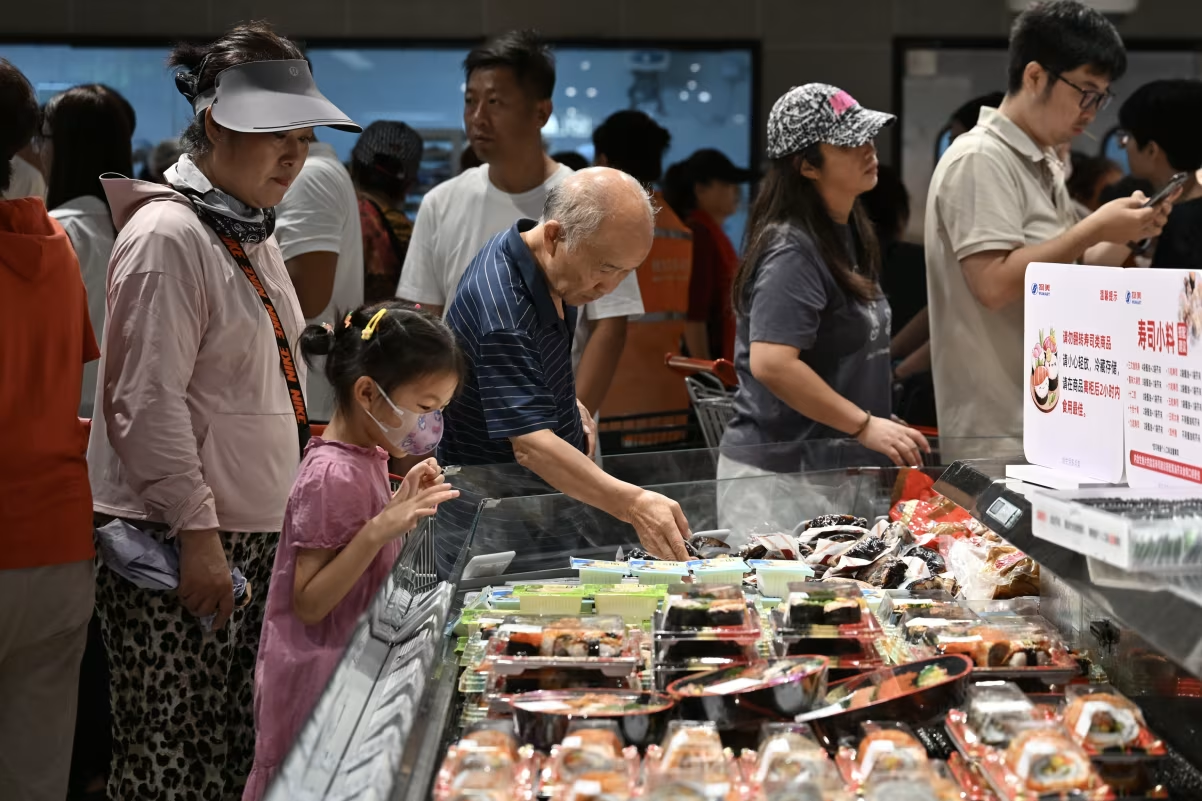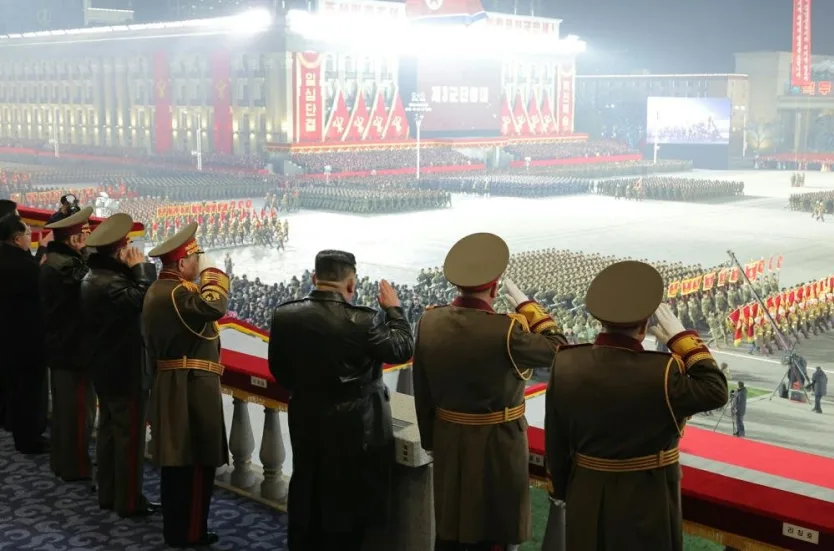Now Reading: China Escalates Diplomatic Row, Warns Japanese Seafood Has ‘No Market’ Amid Taiwan Dispute
-
01
China Escalates Diplomatic Row, Warns Japanese Seafood Has ‘No Market’ Amid Taiwan Dispute
China Escalates Diplomatic Row, Warns Japanese Seafood Has ‘No Market’ Amid Taiwan Dispute

China has sharpened its economic pressure on Japan, warning that Japanese seafood exports may soon find “no market” in the world’s second-largest economy as tensions over Taiwan continue to intensify.
The latest salvo followed remarks by Japan’s Prime Minister Sanae Takaichi, who told parliament that a Chinese assault on Taiwan would pose a direct threat to Japan’s survival — a position Beijing has condemned as a dangerous provocation.
Beijing regards Taiwan as its sovereign territory and fiercely objects to any suggestion that other nations might defend the island. Takaichi’s comments have triggered a wave of fury from Chinese officials and state media, with daily rebukes and warnings of potential retaliation.
At a briefing in Beijing, Foreign Ministry spokesperson Mao Ning signalled that Japanese seafood could become a casualty of the escalating dispute.
She said: “Due to the erroneous remarks made by Japanese Prime Minister Sanae Takaichi on important Taiwan issues, there has been strong public outrage in China. Under the current circumstances, even if Japanese seafood were exported to China, there would be no market for it.”
Her comments followed reports from NHK and Kyodo claiming China had already alerted Tokyo to an impending seafood ban, though Japan’s Chief Cabinet Secretary Minoru Kihara said no formal notice had been received.
Although Mao stopped short of confirming a ban, she warned that China would “take further measures” unless Tokyo retracts the remarks and moves to protect the political foundation of China-Japan relations.
This pressure point comes at a sensitive moment. China only partially resumed seafood imports earlier this year after suspending them in 2023, when Japan began releasing treated wastewater from the Fukushima nuclear plant — a move Beijing denounced as unsafe. Tokyo maintains the water is treated to international standards.
Taiwan’s President Lai Ching-te weighed in this week, posting a picture of his sushi lunch on X in an open show of support for Japanese seafood.
The diplomatic clash is already spilling into tourism and business. China has warned its citizens against travelling to Japan, a symbolic blow given that more than 7 million Chinese visitors travelled there in the first nine months of the year. Major Chinese airlines have since offered refunds or free ticket changes for flights to Japan.
Tour operators say cancellations are mounting. Tokyo-based East Japan International Travel Service reports losing 70% of its remaining 2025 bookings. “We can withstand a short-term impact,” vice president Yu Jinxin said, “but if this continues, the financial strain will be significant.”
Prime Minister Takaichi, known for her hawkish views, has taken a more assertive line on China than her predecessors. Before taking office, she visited Taiwan and called for cooperation on shared defence challenges — a move Beijing condemned sharply. At the APEC summit, she met Taiwan’s representative and raised concerns about China’s military posture in the region. She also pressed Beijing to resume imports of Japanese beef and seafood.
Her willingness to speak openly about Taiwan marks a shift from previous Japanese leaders, who typically avoided language that might provoke China, Japan’s largest trading partner. As both sides harden their positions, the prospect of a full seafood ban — and broader economic retaliation — is becoming increasingly likely.




